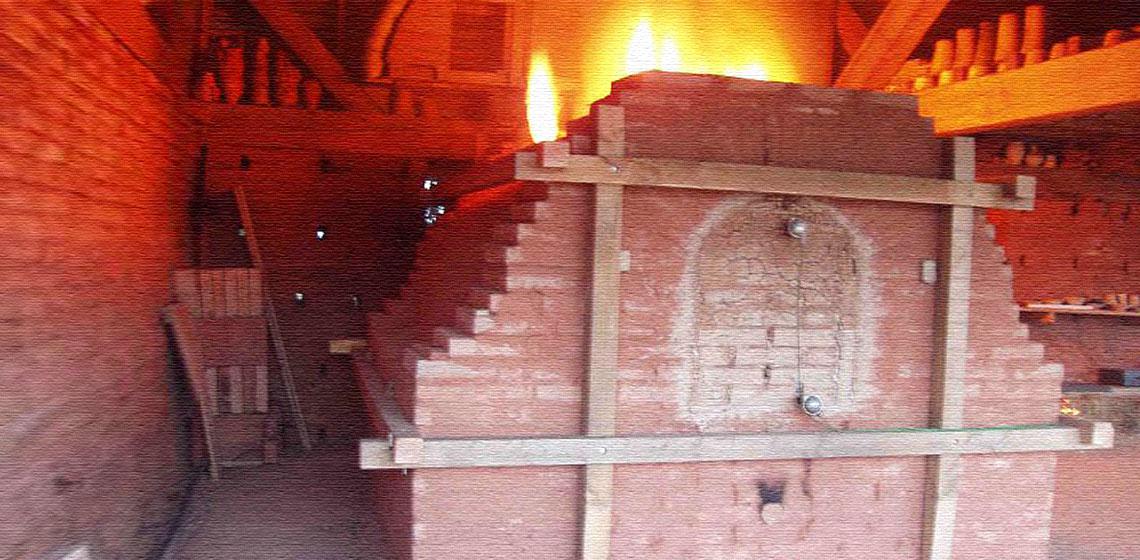
In the heart of the Narbonnaise, a dozen kilometers north of the ancient capital Narbo Martius, a Gallo-Roman potters workshop was unearthed in 1976, near the current village of Sallèles d'Aude.
The museum overlooks the archaeological excavations of the workshop, active from the first century BCE until the end of the third century. The visitor discovers the daily life and activity of these potters who lived on site and produced en masse wine-making amphora Gauloises 4 but also different building materials (bricks, tiles) and everyday crockery.
In the museum park, an outdoor course leads to reconstructions of ovens and a habitat, built identically to the remains found. Adjoining the habitat, the potters' garden presents more than 160 species that may have existed in ancient times. Finally, a walk in the arboretum allows to discover the wood species used at the time for cooking and understand the regeneration of a forest.
Center of archaeological experiment as well as place of discovery and animations for the public, Amphoralis is a museum of unique site in Europe, between inheritance and preserved natural environment.
Activities include:
- Restitution of a Gallo-Roman oven of 8m3 in 1997
- 13 experimental cooking with wood in an 8m3 oven between 1997 and 2016 have brought together valuable data on cooking Gallo-Roman pottery
- Restitution of a Gallic dwelling between 2005 and 2009
- In 2009, creation of a Gallo-Roman garden of more than 160 species known in Gallo-Roman times. The garden is divided into 5 parts: food plants, condiments, medicinal plants, ornamental plants, craft plants
- agricultural experimentation project in progress: "from the seed to the tissues". The project involves sowing a piece of flax that can be harvested and woven on site. The first phase of the project has already made it possible to test the plowing of a plot with a plow towed by two oxen on a surface of a judgeum.
- Demonstration of bricks and tiles, Gallo-Roman filming
- Mediation workshops on archeology with children: excavation, ceramology, manufacture of oil lamps, minting coins, etc.


